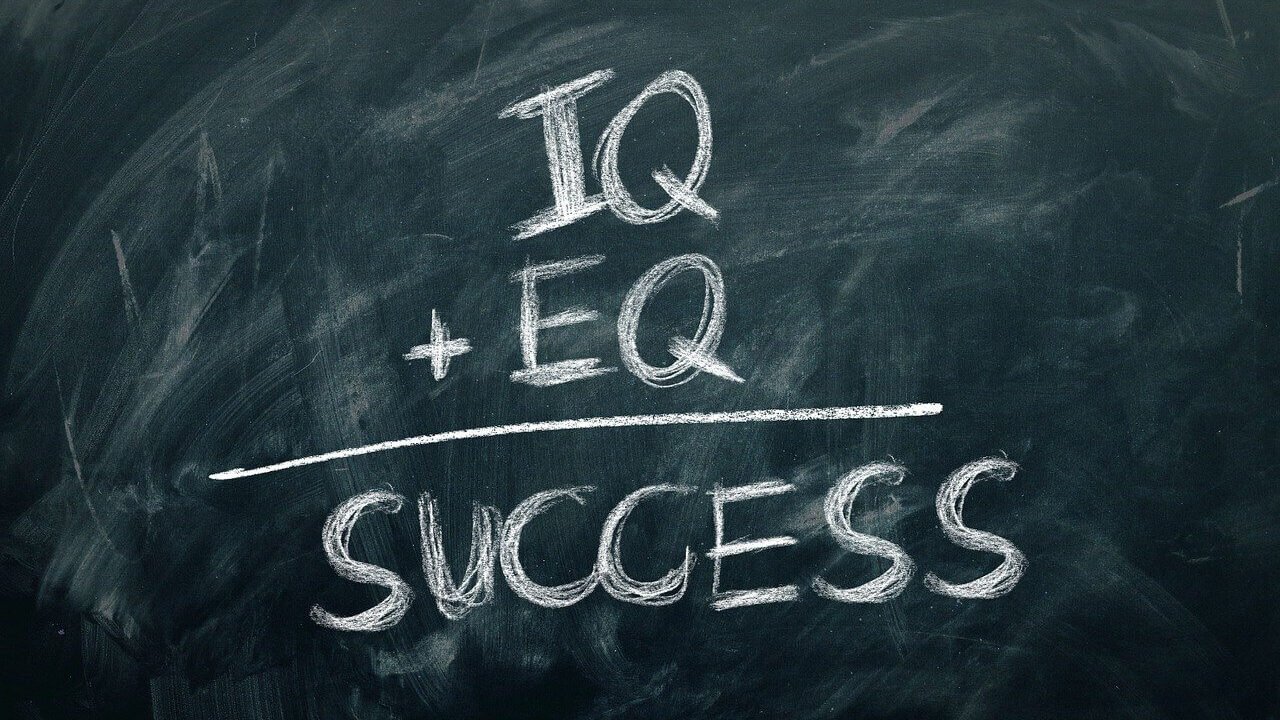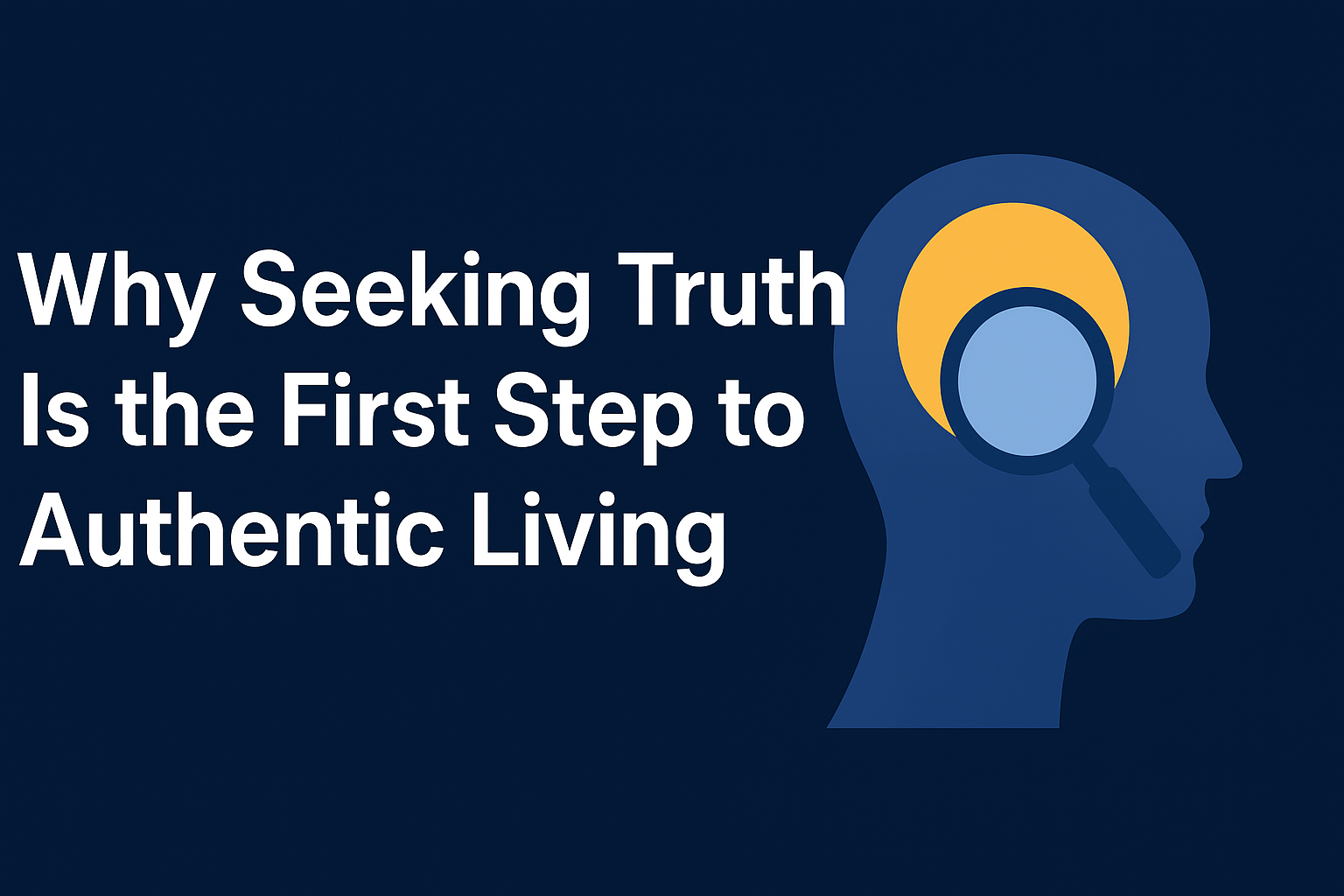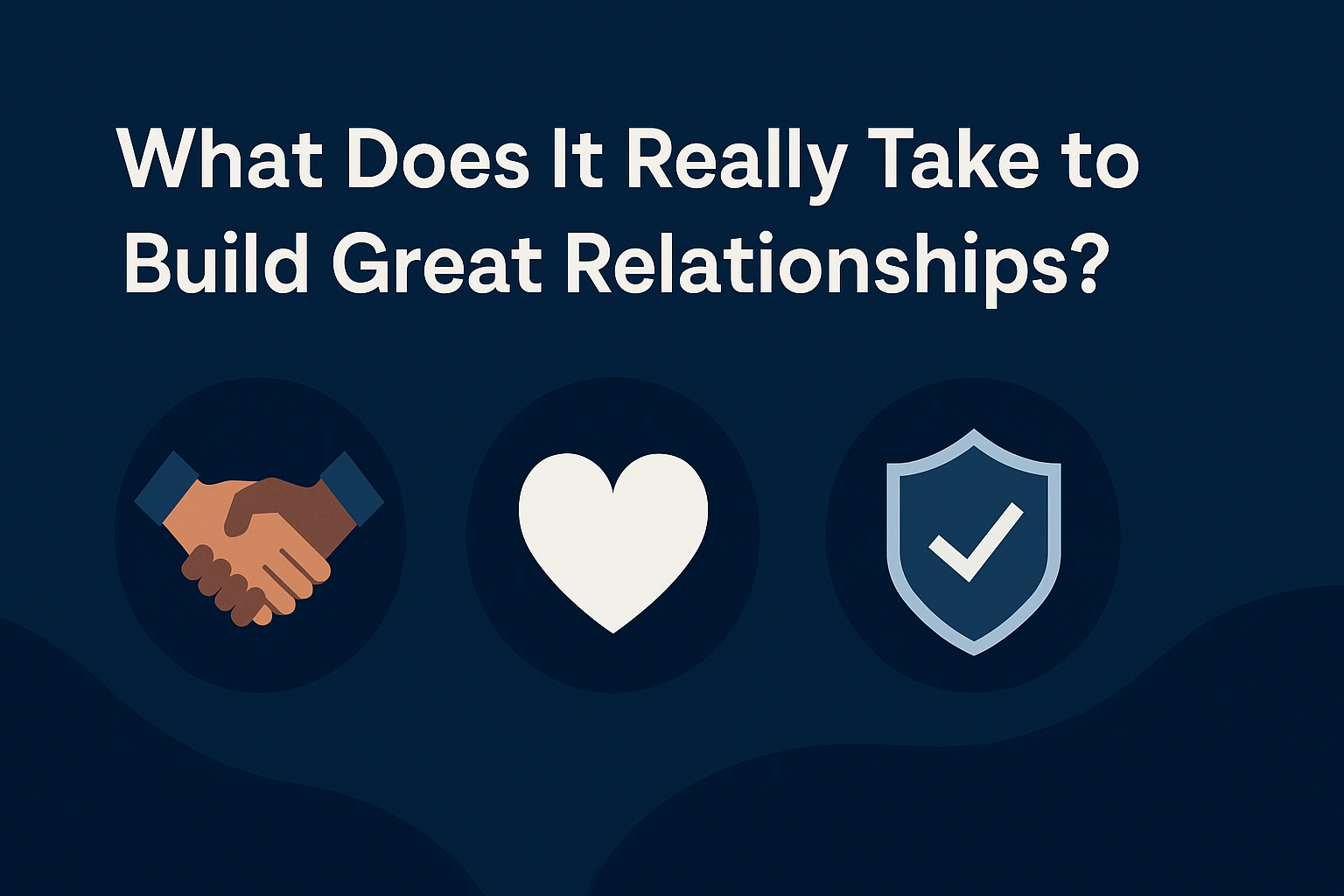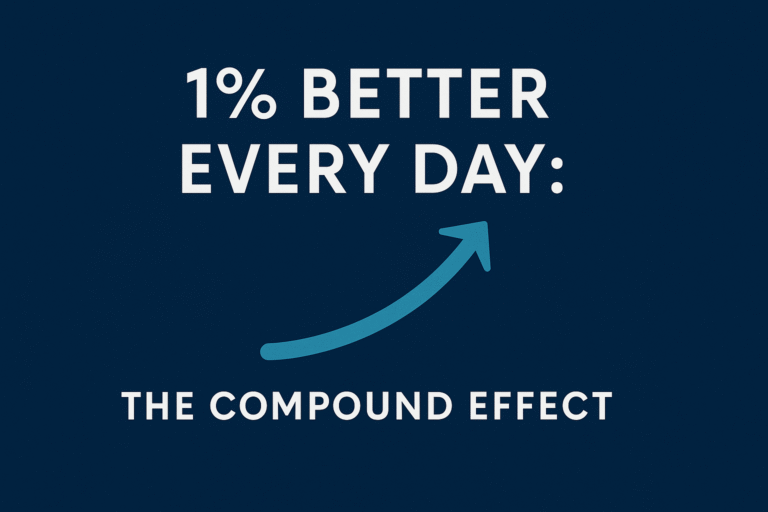When I was 21, I was promoted to my first manager position. I had the drive. I had the ambition. But what I didn’t have was the awareness to realize that blowing up at my associates or customers because I was “having a bad day” wasn’t exactly a winning strategy. It took one very awkward conversation with my area manager for me to be humble enough to listen and realize I was missing something critical—not knowledge, not skill, but emotional intelligence. And that conversation changed my entire leadership style and also how I responded to anything that happened in my life.
What Is Emotional Intelligence?
Emotional intelligence (or EQ) is the ability to recognize, understand, manage, and use emotions effectively—both your own and those of others. While IQ might get you through the door, EQ is what helps you thrive in relationships, career, and life. From my experience, EQ is so much more important in leadership than IQ.
Psychologist Daniel Goleman breaks it down into five core components:
H3: 1. Self-Awareness
Understanding your emotions and how they affect your thoughts and behavior. Being present.
H3: 2. Self-Regulation
Being able to manage impulsive feelings and behaviors. Responding, not reacting. Proactive, not reactive.
H3: 3. Motivation
Using emotions to drive you toward goals with optimism and persistence.
H3: 4. Empathy
Understanding the emotions of others and responding appropriately. Putting yourself in the other person’s shoes.
H3: 5. Social Skills
Building and maintaining healthy relationships through effective communication and conflict resolution.
Now let’s unpack how you can grow each of these as a young adult navigating a fast-paced, often emotionally chaotic world.
Self-Awareness: The Starting Line of Growth
When you’re young, it’s easy to live on autopilot. You react rather than respond, lash out when stressed, or shut down emotionally. I’ve been there.
How to Build It:
- Journaling: A daily reflection practice can help you catch emotional patterns.
- Pause & Label: Instead of saying “I’m just mad,” try “I feel disrespected because of what happened.” Labeling emotions is the first step to managing them.
- Feedback Loops: Ask people you trust, “How do I come across when I’m stressed?” You might be surprised. Or even asking for feedback on a conversation to see how well you composed yourself. This one is best for accountability.
Self-Regulation: Keep Your Cool When It Matters Most
Ever sent a risky text or said something regrettable in a heated moment? Welcome to the club. But people with high emotional intelligence learn to manage that impulse.
Techniques That Help:
- Deep Breathing or Box Breathing (4 seconds in, hold, out, hold).
- Walk Away Rule: If you’re emotionally charged, step away and revisit the issue with a cooler head. Not an excuse to walk away from conflict. Rather, permitting yourself to manage your emotions, then come back to handle the situation effectively with the right mental state.
- Name the Trigger: Notice what tends to set you off—then make a plan to manage it next time.
I recall once walking into a team meeting still agitated from a recent personal phone call. I didn’t realize I was snapping at people until a teammate called it out. From that day forward, I started using a pre-meeting ritual: two minutes of silence and deep breaths, then entering a new conversation and meeting with a fresh head. Total game-changer.
Motivation: Fueling Purpose with Emotion
You’re more motivated when your goals align with who you are. Emotional intelligence helps you connect your goals with your values, so you’re not just grinding—you’re growing. Our passion comes from doing the things that we align with and that serve our purpose. Don’t be someone who doesn’t know where they are going.
Ways to Tap Into It:
- Ask “Why?” five times: Dig deep into your goals. Want to start a business? Why? Keep asking until you hit a core emotional driver.
- Set small wins: Momentum builds motivation.
- Visualize the future you: Emotionally connect with the version of yourself you’re becoming.
Empathy: A Secret Superpower in Relationships
Empathy isn’t about agreeing—it’s about understanding. In a world filled with noise, empathy is rare and powerful. But the number one thing needed to master this one. Genuinely caring about others first.
How to Develop It:
- Listening with the intent to understand, not to reply.
- Put yourself in their shoes: Ask, “How would I feel in their situation?”
- Validate emotions: Sometimes saying, “That sounds really hard,” is all about someone needing to feel seen.
I once had a teammate who constantly missed expectations. My first instinct? Frustration. But when I sat down and asked what was going on, she opened up about family struggles. That moment deepened our relationship—and reminded me why empathy is a leadership skill. From there, we worked on a schedule that worked for her, and she showed differently from that day forward. Reacting from frustration would have probably led me to fire her without looking at the core issue.
Social Skills: Building Connections That Last
Whether it’s interviewing, leading, dating, or just making friends, your ability to connect emotionally is everything.
Tips to Sharpen Social Skills:
- Maintain eye contact and open body language.
- Ask better questions: “What’s been the highlight of your week?” goes farther than “What’s up?” The quality of your answer will depend on the quality of your question.
- Practice conflict resolution: Use “I” statements and avoid blame. Example: “I felt left out when I wasn’t included in that project.”
Why Emotional Intelligence Gives You the Edge
Numerous studies have shown that emotional intelligence is often a stronger predictor of success than IQ (Goleman, 1995). According to a report by TalentSmart, 90% of top performers have high EQ, while just 20% of low performers do.
And here’s the good news: unlike IQ, EQ is highly trainable.
Whether you’re aiming to lead, start a business, or simply become someone others trust and follow, developing emotional intelligence is one of the most powerful investments you can make. Emotional intelligence will put you in the driver’s seat of how your day goes from now on.
Final Thoughts: Start With One Thing
Here’s your challenge: Reflect on one emotionally charged situation from the past week. Ask yourself:
- What emotion did I feel?
- Why did I react that way?
- What could I do differently next time?
That’s emotional intelligence in action. And when you practice it daily, everything changes—from your confidence to your relationships to your success.
So no, you don’t need to “get smarter” to win. You need to get wiser with your emotions. And that’s a skill anyone can master—starting today.
References:
- Goleman, Daniel. Emotional Intelligence: Why It Can Matter More Than IQ. Bantam Books, 1995.
- Bradberry, Travis & Greaves, Jean. Emotional Intelligence 2.0. TalentSmart, 2009.





